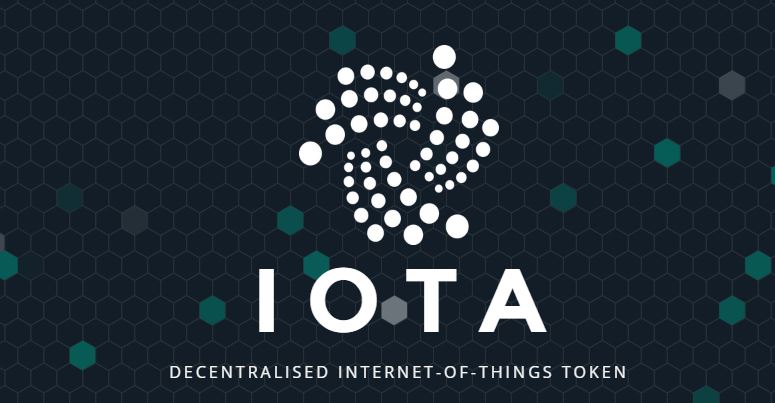2020-8-20 00:16 |
Distributed ledger technology (DLT) will have an incredible impact on financial services and engender greater financial inclusion and, therefore, economic growth, especially in emerging economies.
That’s the opinion of Adrienne Harris, whose interest in the world of blockchain and digital assets began during her time as a Senior Advisor in the U.S. Department of the Treasury and as a Special Assistant to the President in The White House, during the Obama administration.
Today, she sees the U.S. government sending checks by mail to stimulate the economy during the COVID-19 crisis as the latest example of how technology could be used to enhance our current financial system.
“It highlights how arcane our financial infrastructure is,” says Adrienne. “Today’s experience presents a unique opportunity, especially in the U.S., to prompt a discussion around financial infrastructure, and, of course, DLT could be a huge part of that.”
According to a Ripple report, one of the major problems for DLT is that regulators have been too slow to examine and approve new services and technologies that could have helped consumers during the current crisis.
In Adrienne’s experience, most DLT businesses want transparent regulation—as it would help provide much-needed clarity around the entire industry.
“Fintech businesses are hungry for clarity,” she explains. “It doesn’t mean they want overly burdensome regulation, but they do want to understand the rules of the road. My advice to policymakers, finance incumbents, and startups and innovators is just engagement. There are still these geographic and cultural divides that I think more engagement would help break down.”
When she headed a DLT and fintech task forces for the White House, Adrienne believed that the government could help fintech innovators by providing clear regulation and engagement, much like how the Clinton administration engaged with the burgeoning internet industry during the 1990s.
She continues to nurture that spirit of interdisciplinary engagement in her current role as Professor of Practice at the University of Michigan, with the help of Ripple’s University Blockchain Research Initiative (UBRI).
“We’ve got business school people, policy school people, engineering school people all engaged in different projects related to UBRI,” she notes. “It is really important from the standpoint of both education and real world problem-solving, to have those different lenses come to bear on hard problems.”
Discover how UBRI supports and accelerates academic research, technical development and innovation in blockchain, cryptocurrency and digital payments at leading universities around the world at ubri.ripple.com.
The post How Does DLT Engender Greater Financial Inclusion? appeared first on Ripple.
origin »Bitcoin price in Telegram @btc_price_every_hour
Formosa Financial (FMF) íà Currencies.ru
|
|



















